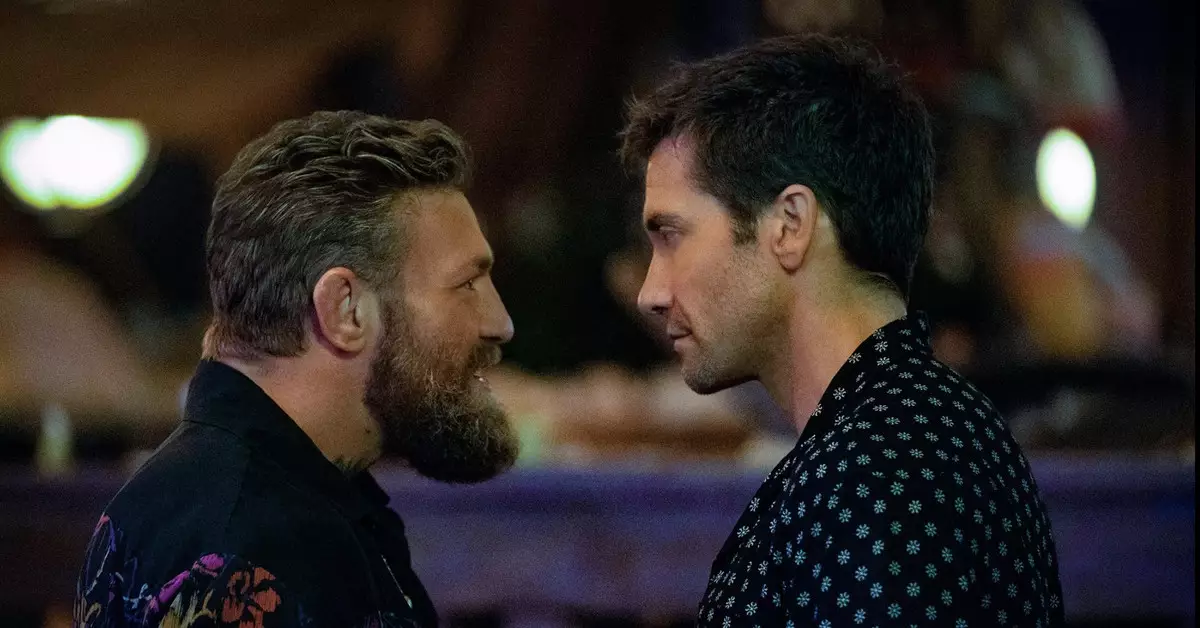The entertainment industry is no stranger to legal disputes, especially when it comes to copyright infringement and ownership of creative works. The latest controversy to rock Hollywood involves the upcoming Road House remake, with the original screenwriter suing MGM Studios and Amazon Studios for allegedly using generative AI to clone actors’ voices and rushing production during last year’s Hollywood strikes.
Screenwriter R. Lance Hill filed a lawsuit in the U.S. Central District Court in Los Angeles, claiming that he filed a petition with the US Copyright Office in November 2021 to reclaim the rights for the screenplay that both the original Road House and Amazon Studios reboot are based on. Despite Hill’s efforts to regain ownership of the work, Amazon Studios, which had acquired MGM’s film library, continued with the production of the remake.
One of the key points of contention in the lawsuit is the work-for-hire clause, which states that the party that hired an individual to create work is the owner and copyright holder of that work. Hill argues that the work-for-hire clause in his original deal with United Artists, which was later acquired by MGM Studios, was merely boilerplate and should not prevent him from reclaiming the rights to his screenplay. This clause has complicated the legal battle over ownership of the creative work.
Hill’s lawsuit also alleges that Amazon Studios used generative AI to clone actors’ voices in order to finish the Road House remake during the Hollywood strikes, which disrupted film production last year. The use of AI to recreate or replace actors’ voices raises important questions about the ethical implications of this technology in the entertainment industry. Amazon MGM Studios has denied using AI in the production of the film, stating that the filmmakers were instructed not to use AI and to remove any non-SAG AFTRA actors from the final cut.
The outcome of this legal battle is yet to be determined, but it has shed light on the complex copyright issues surrounding creative works in the entertainment industry. As the release date of the Road House remake draws nearer, the legal dispute between the screenwriter and the studios involved is likely to intensify. The case serves as a cautionary tale for filmmakers and screenwriters about the importance of understanding and protecting their intellectual property rights in a constantly evolving industry.


Leave a Reply